
In early July 2025, Prime Minister Elijah Ngurare officially announced the conclusion of the 2024/2025 Drought Relief Programme. While this marks the end of a critical emergency initiative, the Office of the Prime Minister has emphasized that efforts are underway to continue supporting vulnerable communities still facing severe food insecurity.
Gladice Pickering, Executive Director in the Office of the Prime Minister, stated that although the formal relief programme has ended, food insecurity remains a pressing issue for the current administration.
“A national vulnerability assessment is still ongoing,” she said. “This will help us better identify communities and households that continue to suffer the effects of the drought and determine the kind of support required going forward.”
Pickering further stressed the government’s commitment to long-term solutions aimed at strengthening food systems and reducing nutritional vulnerability.
“We are working to establish sustainable mechanisms that ensure food security and address malnutrition, especially among children. The prevalence of child stunting is alarming, and we are collaborating with various partners to tackle this issue head-on,” she added.
Recent data from the United Nations’ 2025 State of Food Security and Nutrition (SOFI) report highlights the scale of the crisis. The report reveals that more than 1.6 million Namibians over half the population cannot afford a healthy diet. This represents a sharp increase from 1.5 million in 2024, underscoring the deepening impact of poverty, drought, and rising food prices.
Only 46.7% of the country’s estimated 3 million citizens are currently able to meet the minimum recommended dietary requirements.
Economist Omu Kakujaha-Matundu attributes the worsening situation to persistent drought conditions and historical patterns of marginalisation. Meanwhile, social justice activist Linda Musutua pointed to low wages and high food costs as major contributing factors. She has called on the government to implement a universal monthly income grant of N$500 to help address the crisis.
Namibia’s food inflation reached 10.2% in 2023, with essential staples experiencing double-digit price increases placing additional strain on low-income households already struggling to access nutritious food.
As the government shifts from emergency relief to long-term development strategies, the effectiveness of planned interventions will be critical in ensuring that no Namibian is left behind in the fight against hunger and malnutrition.

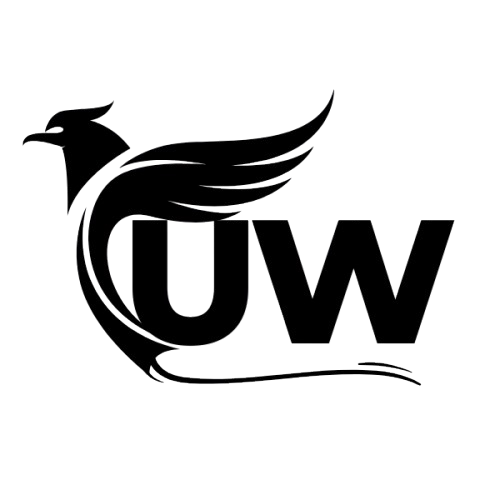
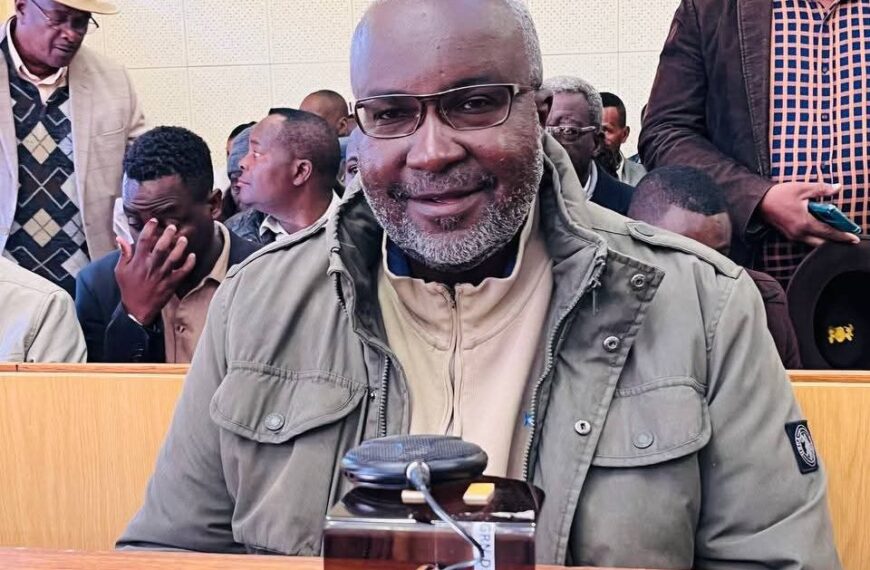















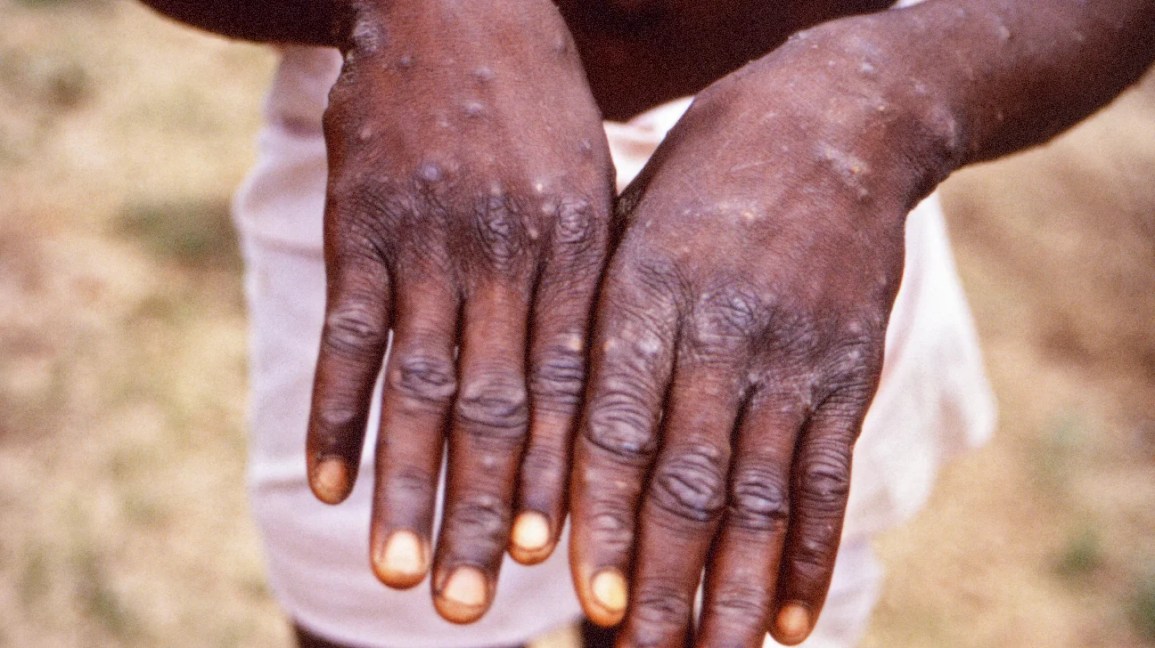
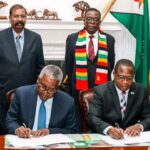
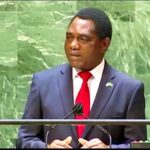







Good day am a single of twins age of 5and a newborn age of 5 months unemployed please me